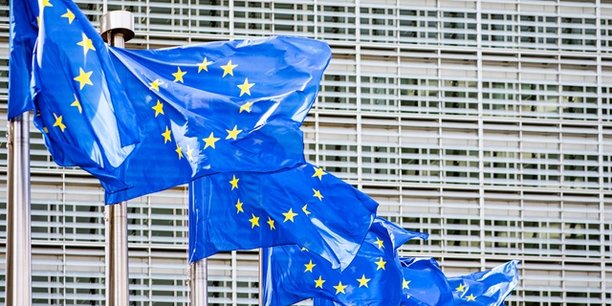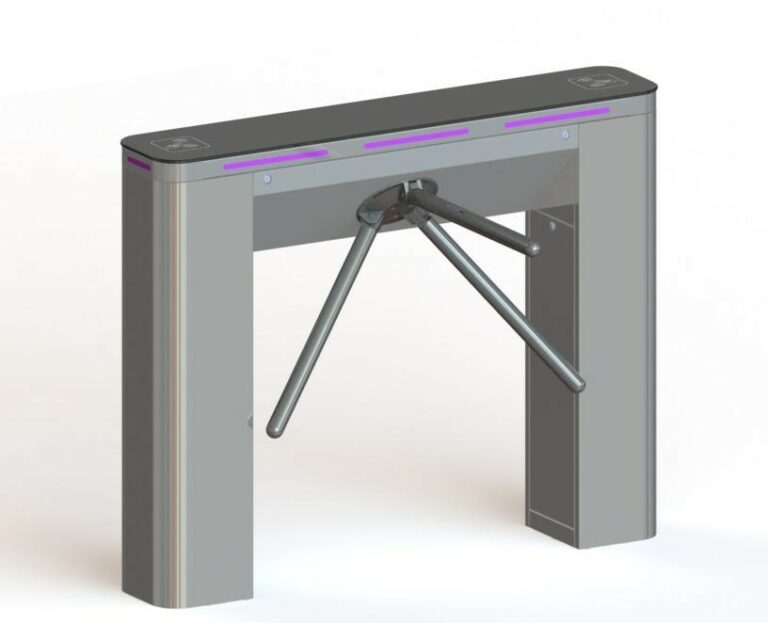The European Commission wants to review telecoms regulation
The European executive is considering relaxing the rules governing mergers between operators. Objective, to ensure that they are able to invest more in fiber and 5G. The Commission remains committed to competition, in order to preserve low prices for consumers.
Almost a year ago, several big names in European telecoms such as Orange, Deutsche Telecom and Ericsson took advantage of the opening of the Barcelona mobile show to say all the bad things they thought about the policy pursued by Brussels in regard to their sector. According to them, the doctrine of favoring ultra-competition in all member countries so that the consumer continues to benefit from low prices continues to plague the sector. The boss of Orange, the French telecoms giant, notably castigated “sometimes outdated regulations”.
“According to consulting firm PwC, 46% of telecom CEOs believe their company will not survive another decade”she then warned.
The message was well received by Brussels. The European Commission is currently developing a new “digital networks law”. His goal ? Grant telecoms regulation with the objective of providing, via 5G and fiber, one gigabit/second connectivity by 2030.
In a draft white paper consulted by Reuters and the Financial Times last week, and which Margrethe Vestager, the vice-president of the European Commission is due to present on Wednesday, the institution affirms that the “fragmentation” of the sector can “impact the ability of operators to achieve the scale necessary to invest in the networks of the future”. The European Commission has notably counted around fifty mobile telephone operators and around a hundred fixed Internet operators on the Old Continent.
More of ” cross-border consolidation »
Brussels considers, in this document, that a “cross-border consolidation or different forms of upstream cooperation could allow operators to acquire sufficient size”, in order to further expand their networks. That said, the Commission clearly remains very attached to maintaining strong competition in all member countries. The objective remains not to “compromising downstream competition”underlines the text.
Enough to make large European operators cringe, many of whom believe that they no longer have the means to invest billions in fiber and 5G, without raising their prices. Everyone rails against the numerous attempts at consolidation swept aside by Brussels in recent years. According to them, the Commission only has eyes for the consumer, without paying enough attention to the health of their industry.
From Vodafone to BT, via Telecom Italia, and even Telefonica, several large European operators are suffering from competition. In addition, they are riddled with debt, and are now multiplying social plans. Many have – in fact – revised their investment plans downwards, particularly in 5G, to the great dismay of equipment manufacturers like Ericsson and Nokia, who are seeing their order books shrink.
Green light imminent for Orange and MasMovil
This Brussels firmness in wanting to preserve competition at all costs should once again shine through. The European Commission must shortly rule on the marriage between Orange and its rival MasMovil in Spain.
This deal, which should give rise to number two in the market behind the historic operator Telefonica, should, in all probability, be authorized. But subject to selling certain assets to their competitor, the Romanian Digi, so that it can grow and allow the market to maintain a high level of competition.
Visit Baddiehub for more information






